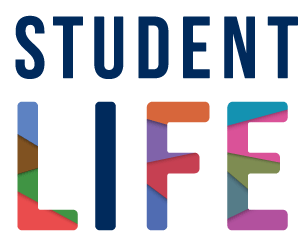The Accessibility Services team helps students with disabilities reach their full potential at U of T. But what does “living with a disability” really mean? We’ve broken it down to take a closer look at the unique needs of students registered with AS.
Students registered with Accessibility Services may be living with:
- Attention Deficit and Hyperactivity Disorder (ADHD)
- Autism Spectrum Disorders
- Chronic health conditions
- Concussion & head injuries
- Learning disabilities
- Mental health conditions
- Mobility or functional disabilities
- Sensory disabilities
- Temporary disabilities & injuries
Did you know that nearly 90 per cent of students registered with Accessibility Services have non-visible or non-evident disabilities?
In 2018/2019, the total number of undergraduate students registered with Accessibility Services was 4,508. Their reasons for registering were:
- Mental health 50%
- ADHD 12%
- Health 10%
- Learning disabilities 10%
- Mobility 6%
- Sensory 3%
- Temporary 3%
- Autism 3%
- Acquired Brain Injury 3%
That same year, 1,272 graduate students were registered with Accessibility Services.
- Research stream doctoral and masters programs 36%
- Professional masters programs 48%
- Second-entry professional programs 16%
The team at Accessibility Services helps to develop reasonable accommodations that meet the needs of registered students, while still upholding the academic integrity of the University of Toronto. It’s also a key component in developing an equitable, inclusive and accessible student experience.
To learn more, visit accessibility.utoronto.ca.




